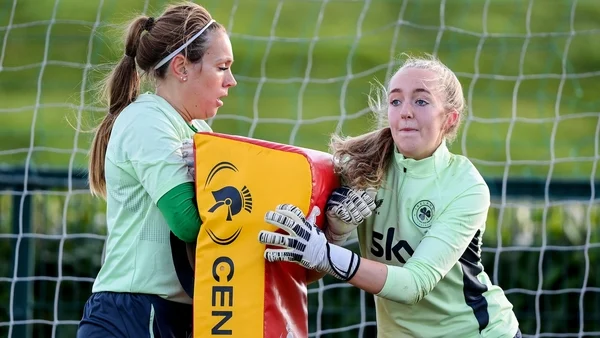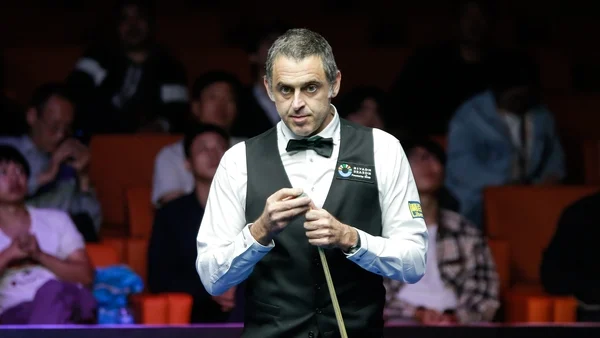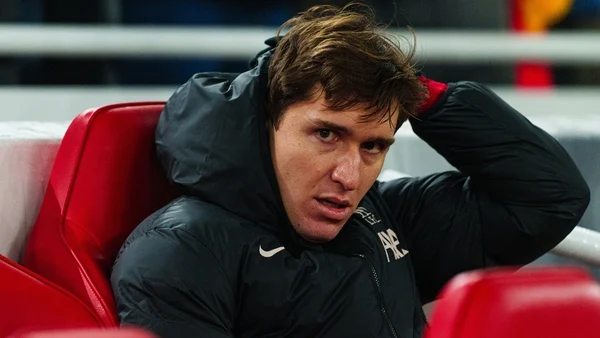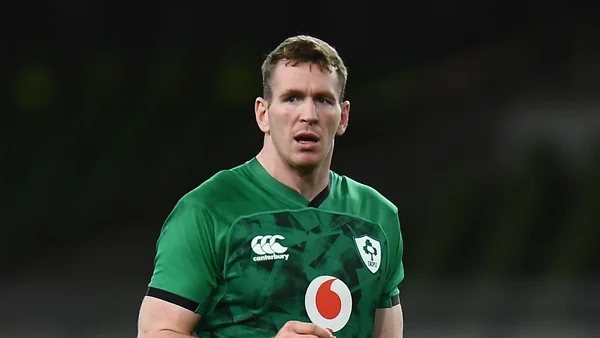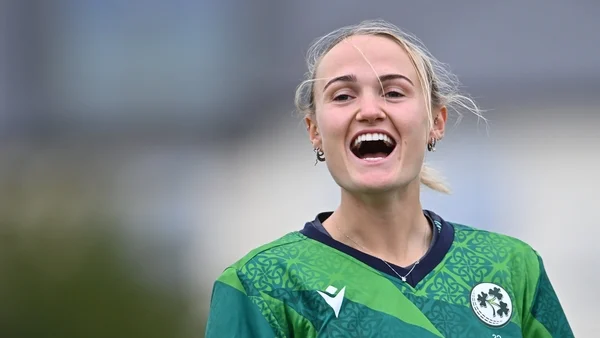A Republic of Ireland Under-23 grade would be a very long time coming if it does come to pass, according to former Girls in Green international Méabh De Búrca.
The issue has returned to prominence in recent days as the Women's FAI Cup final showpiece dominated the weekend and the first leg of Ireland's Euro 2025 play-off tie against Georgia looms on Friday.
Last week's squad announcement for the Georgia games saw Ireland boss Eileen Gleeson emphatically refute suggestions from outgoing Athlone Town head coach Ciaran Kilduff that players in the domestic league have not been given an opportunity to stake a claim for a senior call-up.
With home-based training sessions no longer in place since the end of Vera Pauw's tenure as Irish head coach, there have been concerns about the gap that exists for players that emerge from the U-19 grade with a view to pressing a claim for senior international consideration.
Veteran striker Julie-Ann Russell, who is one of three domestic-based players named in the Ireland squad for this month alongside 18-year-old Athlone goalkeeper Katie Keane, backed calls for the introduction of an Under-23 grade and suggested that such an eventuality is "imminent".
Former international De Búrca has echoed that view but also pointed out that conversations around an age grade team to plug the gap is far from new and was a talking point during her own playing career.
"This is not a new concept, the Under-23s. Many other national teams around the world have it and it sounds like it's just repetitive to be honest.
"It gets kind of old when you hear it. When I was that age, Under-19, I knew that if you didn't get into the senior squad straight away, your international career was pretty much over because it was going to be very, very hard that if you didn't break in as a teenager.
"The chances of doing so were going to be very difficult, more so back then because the chances of professional contracts were limited.
"From my own experience, I got called into the seniors when I was still Under-19, then at that stage I knew there was still a gap because I was just getting in and out and after Under-19 there was no other outlet, so I ended up going on a FÁS training course with boys for a year to try and bridge the gap to try and bring myself up to senior level and luckily by the end of that, I'd been called into the (senior) squad.
"But there's definitely a gap there and it needs to be bridged."
If funding proves to be an issue, De Búrca suggested alternative short-term routes to filling the gap such as reintroducing the combined colleges team.
"Even just to have combined colleges, get the players - the majority of those in their early 20s are in colleges around the country - just bring them into a central location, it's not going to take a lot of money," she said.
"Or do it regionalised. Get provincial, regional centres in place, get those in Dublin training together, those in Connacht. It doesn't really take much funding and those extra trainings will definitely benefit the girls before they hopefully get the Under-23s up and running. We've been a long time waiting and hopefully it comes round soon but I can't see it anytime soon to be honest."
De Búrca also touched on Ireland's task against Georgia, a team that the Girls in Green beat by an aggregate score of 20-0 across two qualifiers during the run to the 2023 World Cup.
The main focus will be on doing a professional job over two play-off legs against an opposition ranked 94 places below them in the FIFA rankings with a trickier tie to come in the next round against either Slovakia or Wales.
"I think they'll nearly have their game plan almost looking ahead to those (final) games as well and important not to get any suspensions or injuries will be their main concern over the two (Georgia) legs," she said.
We need your consent to load this rte-player contentWe use rte-player to manage extra content that can set cookies on your device and collect data about your activity. Please review their details and accept them to load the content.Manage Preferences
